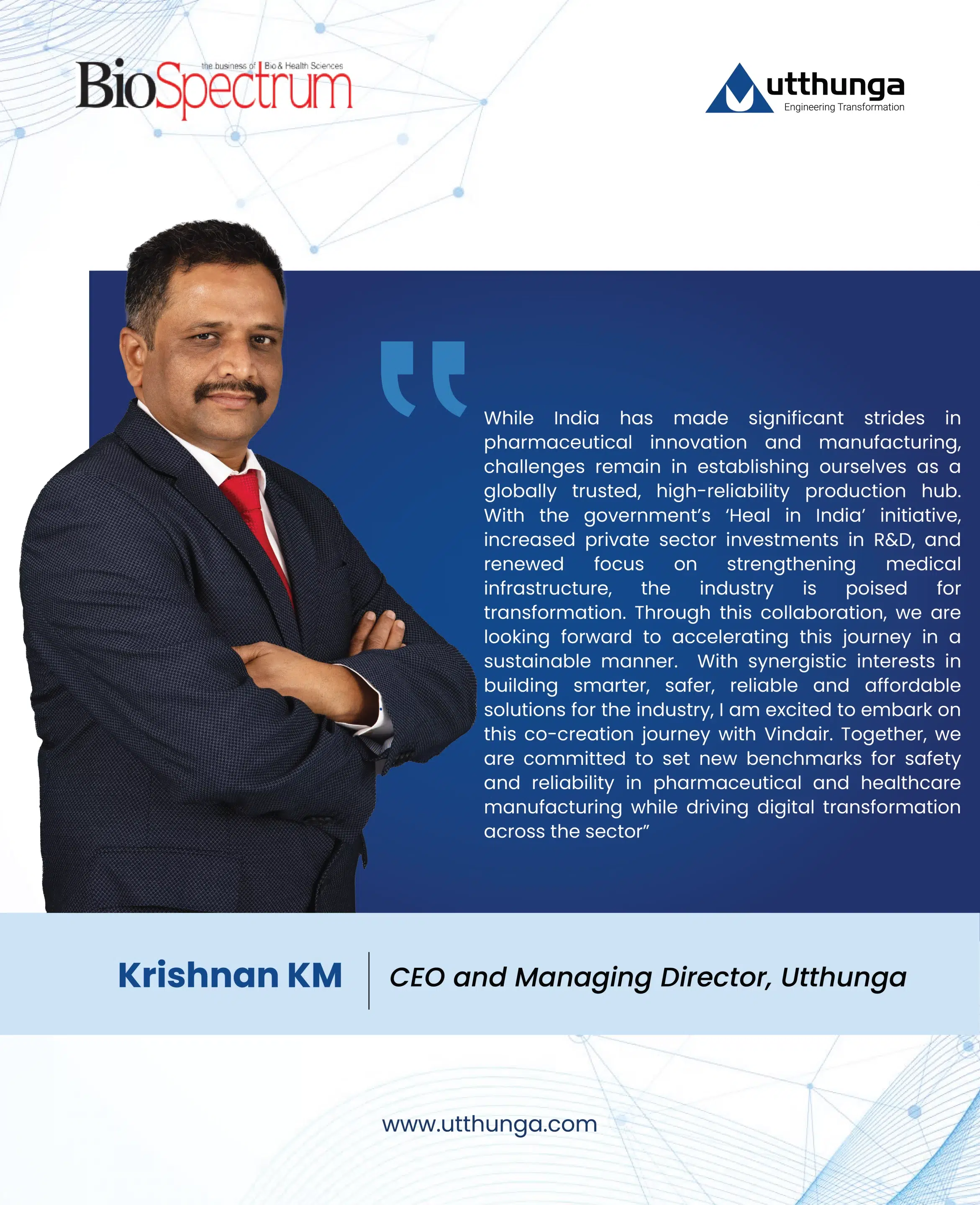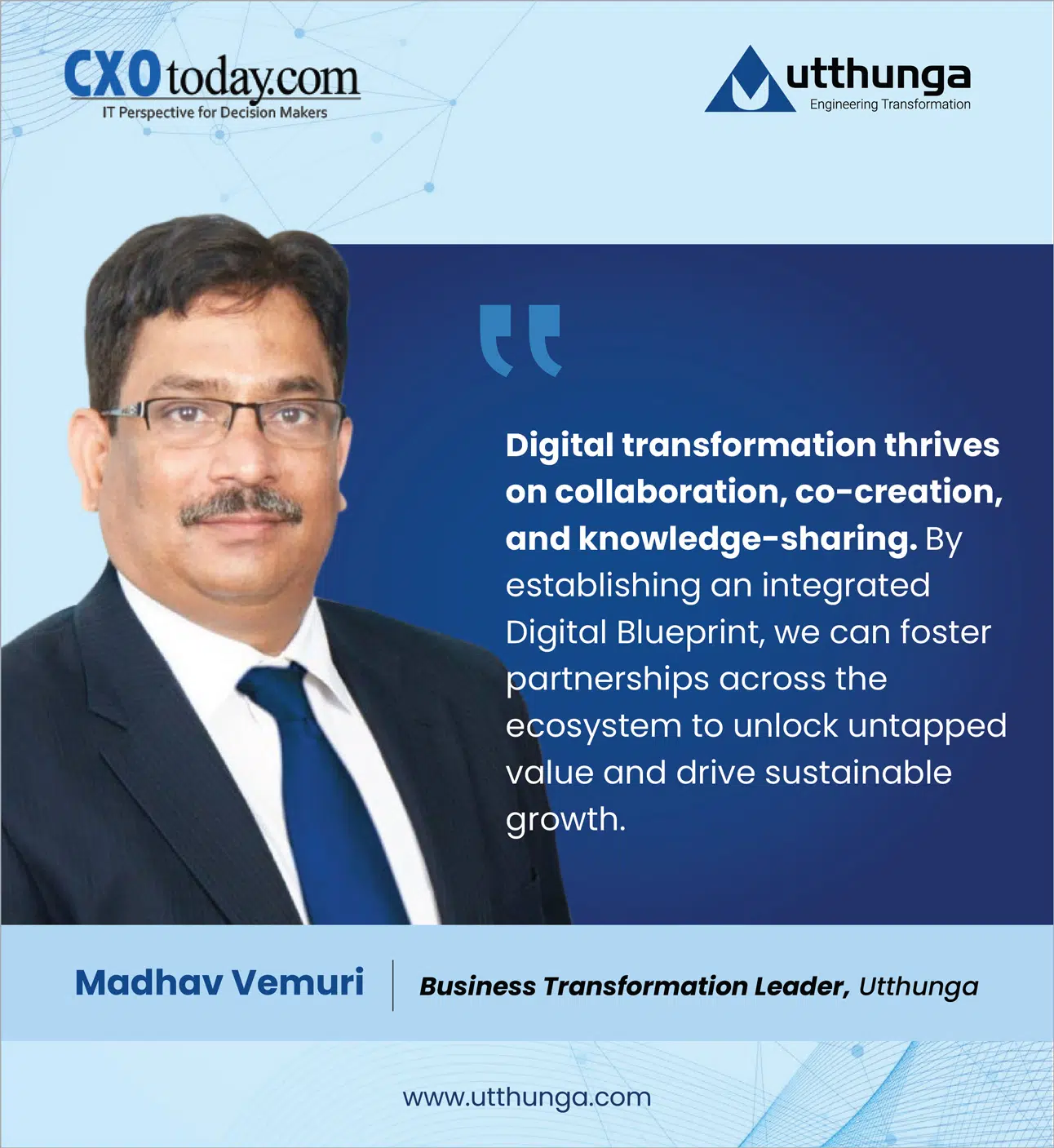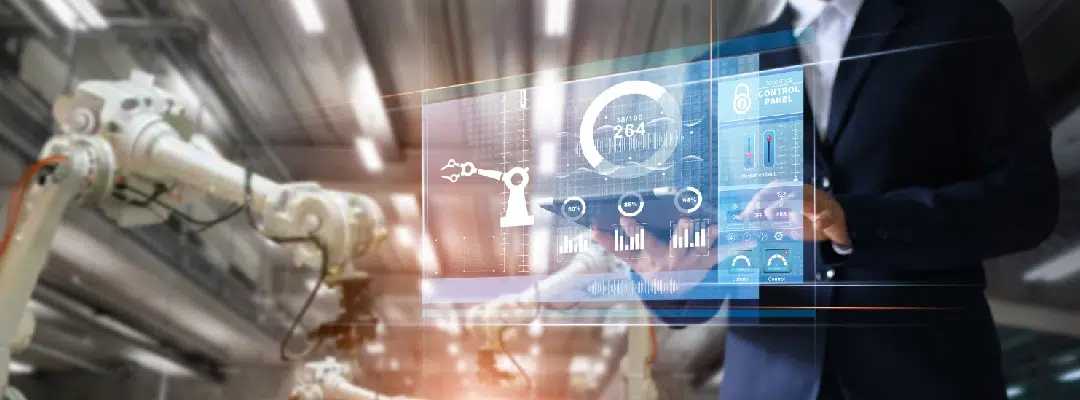If you are in manufacturing, you know how important it is to keep your equipment smooth and running. Wear and tear can take a toll on even the most robust machine leading to unexpected downtime and maintenance cost that can impact your productivity and profitability. However, the solution for this is condition monitoring. Condition monitoring measures equipment characteristics and detects changes that could indicate an impending failure which will help you prevent breakdowns and keep your operations running smoothly. In this article, we will uncover the benefits of implementing condition monitoring in manufacturing and how it can help your business.
Benefits of Implementing Condition Monitoring in Manufacturing
Condition monitoring is a method which helps businesses to track the health, performance and deterioration of their equipment in real-time. It monitors equipment’s physical and operational parameters such as pressure, temperature, vibration, and noise to detect any errors. Businesses can obtain several benefits such as reduced maintenance cost, improved product quality, increased uptime and enhanced safety by implementing condition monitoring. Let’s discuss some of the key benefits below:
- Reduced maintenance costs: By detecting early signs of machine wear and addressing them before they become major issues, the need for unplanned maintenance is significantly reduced. This means that the maintenance can be planned for at a convenient time, and there is less chance of costly downtime due to equipment failure. Additionally, condition monitoring can help identify any problems with the machine and its components that require maintenance, meaning that only necessary repairs are done, reducing overall maintenance costs.
- Increased equipment uptime: Condition monitoring plays a crucial role in minimizing unplanned downtime as it allows machine defects and malfunctions to be detected and addressed before they cause failure. Knowing the exact condition of equipment helps to plan maintenance activities, reducing the risk of downtime due to equipment failure. As a result, manufacturers can maintain high levels of productivity and efficiency, and reduce lost revenue due to unplanned downtime.
- Improved product quality: The condition of the machines determines the quality of the products coming out of the production line. By monitoring equipment condition, manufacturers can detect and rectify any issues before they affect product quality. In turn, this leads to higher customer satisfaction, fewer returns, and improved profitability.
- Enhanced safety: Implementing condition monitoring can improve the safety of both the equipment and workers. As it increases the chances of detecting issues in equipment or components before they cause a major problem and unexpected machine failure. Early detection of potential issues before equipment fails can minimize the risk of accidents, injuries, and damage to the machinery. It also allows for the proactive scheduling of maintenance, reducing the amount of time that maintenance personnel spend on repairs and inspections.
Successful Implementation of Condition Monitoring in Businesses and Resulting Benefits
Implementing condition monitoring in businesses has proven to be a game-changer in several industries. For instance, the steel industry giant, Tata Steel, has successfully implemented condition monitoring to find faults in equipment at an early stage, which has prevented machinery from breaking down and helped to foresee any possible problem that may result in loss to the business.
Conclusion
Implementing condition monitoring in manufacturing can bring a multitude of benefits to businesses. It enables proactive maintenance, reduces downtime, increases equipment reliability, and optimizes overall equipment effectiveness. If you require any assistance with regard to condition monitoring, please don’t hesitate to connect with Utthunga. Utthunga offers a comprehensive range of condition-monitoring solutions that cater to various industry needs.
By partnering with Utthunga, businesses can harness the power of cutting-edge technology to enhance their operations and achieve greater efficiency. Contact Utthunga today to revolutionize your manufacturing processes.






